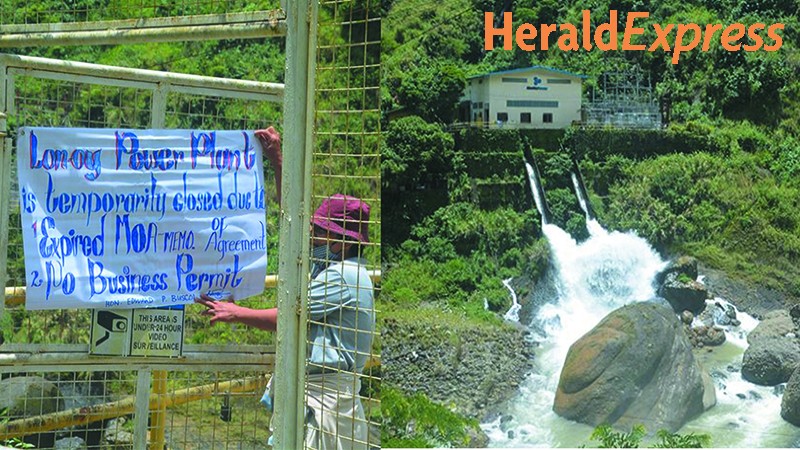BAKUN, Benguet – The Cordillera office of the National Commission on Indigenous Peoples (NCIP-CAR) directed the Aboitiz-owned HEDCOR, Inc. to address the uncovered violations in the proposed extension of its Memorandum of Agreement (MOA) with the Bakun Indigenous Peoples Organization (BITO) and the continuous operation of its three minihydro plants in the ancestral domain of the indigenous peoples (IPs) within ten days.
In a 3-page notice of violation issued to the company, NCIP-CAR regional director lawyer Marlon Bosantog stated that the agency will be constrained to act on the aforesaid matter, including the issuance of a cease and desist order, upon the expiration of the prescribed period without the violations being addressed by the management.
He pointed out that the issuance of the IPs of their no consent resolution already showed that the company’s continuous operation of its power plants in their ancestral domain finds no legal justification and is in violation of rights of the IPs under pertinent provisions of Republic Act (RA) 8371 or the Indigenous Peoples Rights Act (IPRA).
Section 7 of the IPRA stipulated that the rights of ownership and possession of ICCs-IPs to their ancestral domains shall be recognized and protected. Such rights shall include right to develop lands and natural resources subject to Section 56 of the same law, right to develop, control and use lands and territories traditionally occupied, owned, or used; to manage and conserve natural resources within the territories and uphold the responsibilities for future generations within the territories and uphold the responsibilities for future generations; to benefit and share the profits from allocation and utilization of the natural resources found therein; the right to negotiate the terms and conditions for the exploration of natural resources in the areas for the purpose of ensuring ecological, environmental protection and the conservation measures m national and customary laws; the right to an informed and an intelligent participation in the formulation and implementation of any project, government or private, that will affect or impact upon the ancestral domains and to receive and fair compensation for any damages which they may sustain as a result of the project and the right to effective measures by the government to prevent any interference with, alienation and encroachment upon these rights.
Further, Section 57 of the IPRA stated that the ICCs-IPs shall have priority rights in the harvesting, extraction, development or exploitation of any natural resources within the ancestral domains. A non-member of the ICCs-IPs concerned may be allowed to take part in the development and utilization of the natural resources for a period of not exceeding 25 years renewable for not more than 25 years; provided, that a formal and written agreement is entered into with the ICCs-IPs concerned or that the community, pursuant to its own decision-making process, has agreed to allow such operation; provided, finally, that the NCIP may exercise visitorial powers and take appropriate action to safeguard the rights of the ICCs-IPs under the same contract.
Bosantog explained that the company’s continuous operation of the power plants without the required consent is considered as unauthorized and unlawful intrusion within an ancestral domain. By HENT













